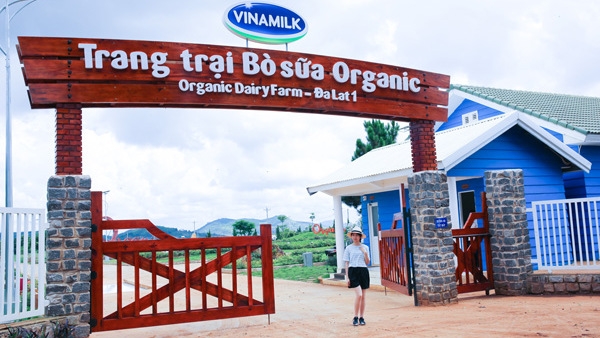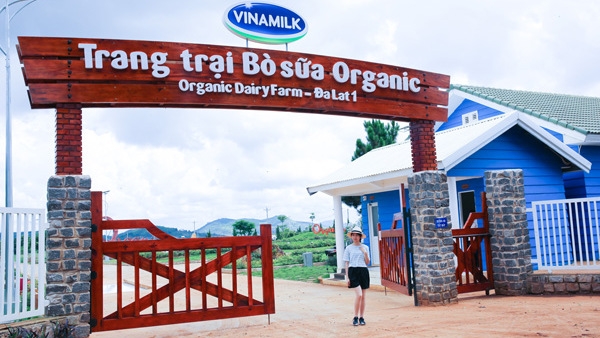



Vinamilk is among large corporations has developed their own brand.
|
The information was revealed at a seminar entitled "Brand in relation to strategies of enterprise development" jointly held by the Vietnam Chamber of Commerce and Industry (VCCI) and the Vietnam Intellectual Property Association (VIPA) on October 29. According to VCCI Vice President, Hoang Quang Phong, brand building is a key factor to help businesses compete fairly with both domestic and foreign firms. This is not only a passport to facilitate firms in their export activities but also establishes the reputation and brand of a whole country. However, Phong noted that brand development is a shortcoming of Vietnamese firms and only large corporations have developed their own brands including Vinamilk, Vingroup, Viettel, Bao Viet and others. Meanwhile small and medium-sized enterprises (SME) are not strong enough to build their own brands. In fact, Vietnamese firms, particularly SME have yet to pay due attention to brand building, resulting in being neglected by customers, according to the VCCI. Phong noted that there were many cases in which popular Vietnamese brands, including Trung Nguyen coffee, Vinamit, and Bitis were not registered abroad and were appropriated in some foreign markets, causing huge losses in market expansion and competition with imported goods. Deputy Chief Inspector of the Ministry of Science and Technology, Nguyen Nhu Quynh, said that if firms are not aware of the important role of brands and the power of brands in their development, they will lose their development opportunities in the international market. |